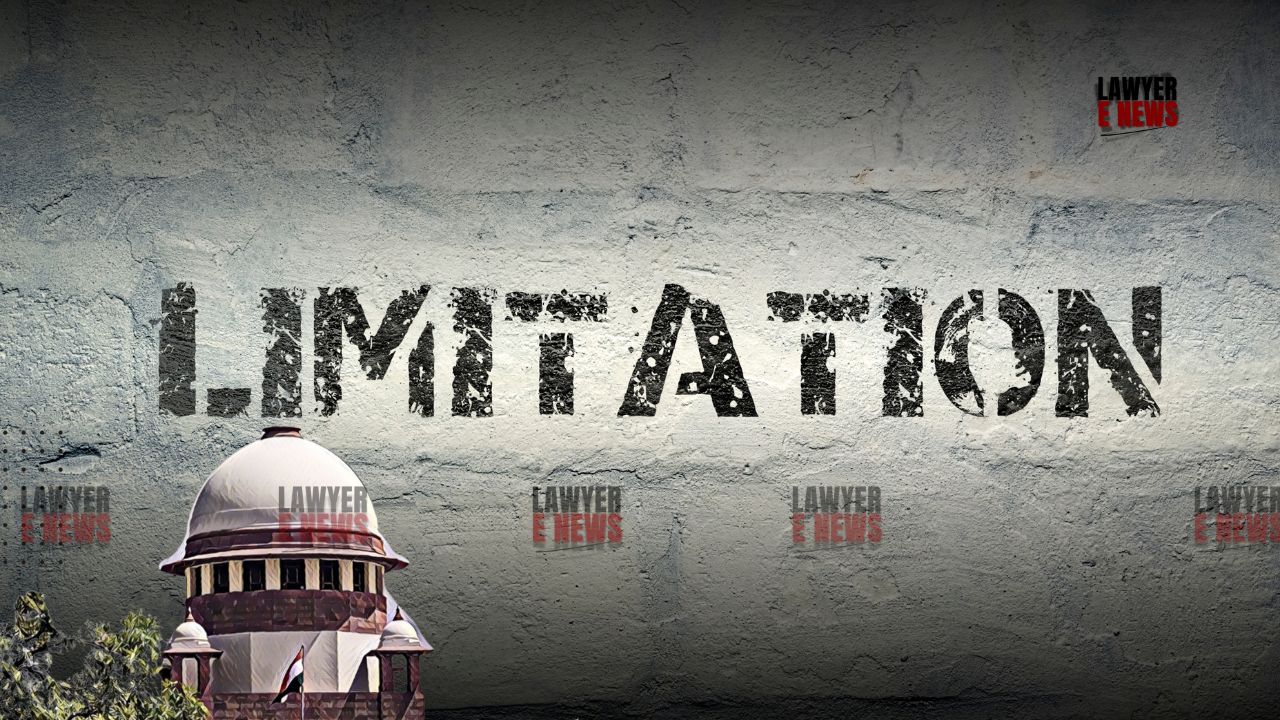-
by sayum
14 February 2026 2:22 PM



High Court's decision dismissing West Bengal's petition under Section 34 of the Arbitration Act for being time-barred upheld by Supreme Court. The Supreme Court of India has dismissed the appeal filed by the State of West Bengal in a significant arbitration case involving Rajpath Contractors and Engineers Ltd. The judgment, delivered by a bench comprising Justices Abhay S. Oka and Pankaj Mithal, reaffirmed the High Court's decision that the petition under Section 34 of the Arbitration and Conciliation Act, 1996, was time-barred. The ruling underscores the importance of adhering to statutory timelines in arbitration proceedings.
The State of West Bengal had appointed Rajpath Contractors and Engineers Ltd. as the contractor for the construction of a bridge. Following a dispute, the contractor invoked the arbitration clause in the contract, leading to the appointment of a sole arbitrator. On June 30, 2022, the Arbitral Tribunal awarded Rs. 2,11,67,054 to the respondent with applicable interest, while dismissing the counter-claims made by the appellants. The appellants received a copy of the award on the same day.
The High Court of Calcutta was closed for pooja vacation from October 1, 2022, to October 30, 2022. The State of West Bengal filed a petition under Section 34 of the Arbitration Act to challenge the award on October 31, 2022. The High Court dismissed the petition on May 4, 2023, citing that the limitation period for filing such a petition had expired on September 30, 2022, and therefore, the appellants could not avail the benefit of Section 4 of the Limitation Act, 1963.
The court observed that the period of limitation for filing a petition under Section 34 of the Arbitration Act is governed by subsection (3) of the same section, which prescribes a three-month period from the date of receiving the arbitral award. The bench emphasized that as per Section 12(1) of the Limitation Act, the day on which the award was received should be excluded, thus making the limitation period start from July 1, 2022, and end on September 30, 2022. Since the petition was filed on October 31, 2022, it was outside the permissible period even after accounting for the pooja vacation.
The bench reiterated that Section 5 of the Limitation Act, which allows for extension of the prescribed period on sufficient cause being shown, is expressly excluded by the language of the proviso to Section 34(3) of the Arbitration Act. The court cited previous judgments, including the case of Union of India v. Popular Construction Company, to support this interpretation.
The court clarified that the prescribed period under Section 4 of the Limitation Act refers to the original period of limitation, not including any extension period provided under statutory provisions. Therefore, in this case, the prescribed period expired on September 30, 2022, and the petition filed after this date could not benefit from the provisions of Section 4.
Justice Abhay S. Oka noted, "The prescribed period within the meaning of Section 4 of the Limitation Act ended on 30th September 2022. Therefore, the appellants were not entitled to take benefit of Section 4 of the Limitation Act."
The Supreme Court's decision to dismiss the appeal by the State of West Bengal reinforces the strict adherence to statutory timelines in arbitration proceedings. The judgment serves as a crucial precedent for future cases, emphasizing that the statutory period of limitation must be respected to ensure timely resolution of disputes. This ruling is expected to have a significant impact on the legal framework governing arbitration in India.
Date of Decision : July 8, 2024
The State of West Bengal & Ors. vs. Rajpath Contractors and Engineers Ltd.
